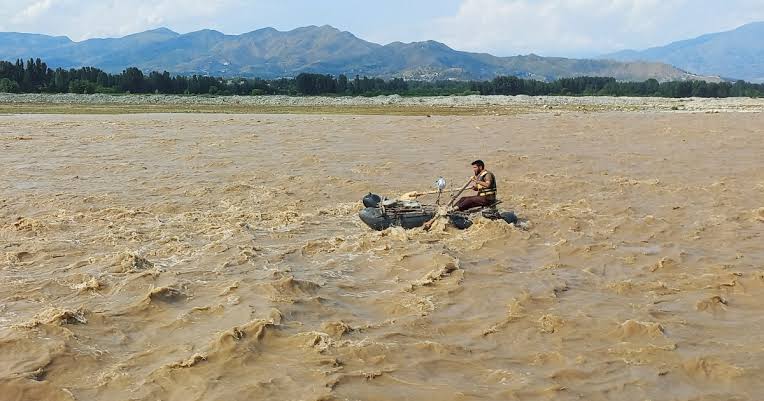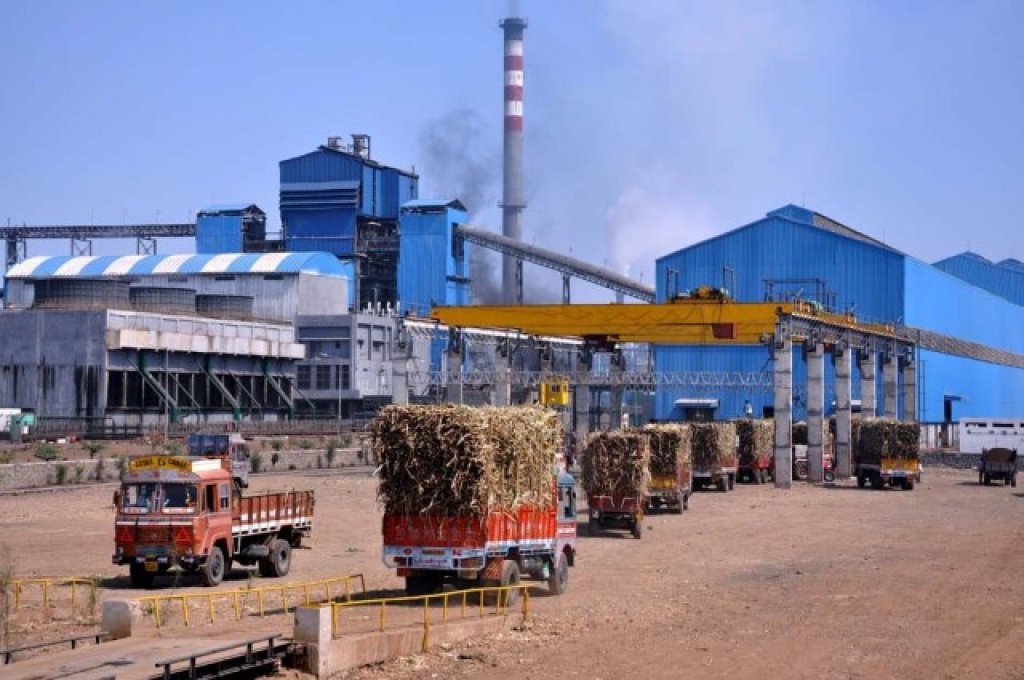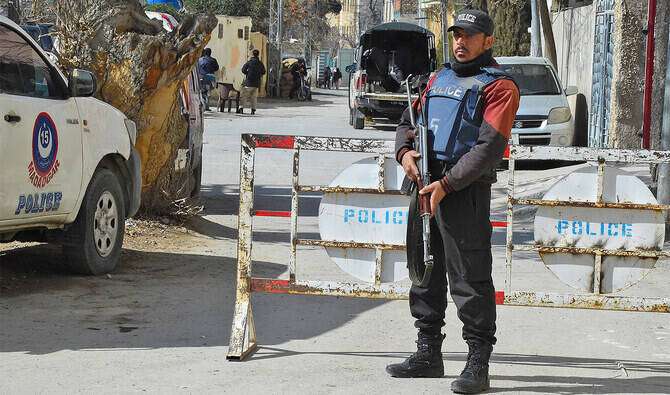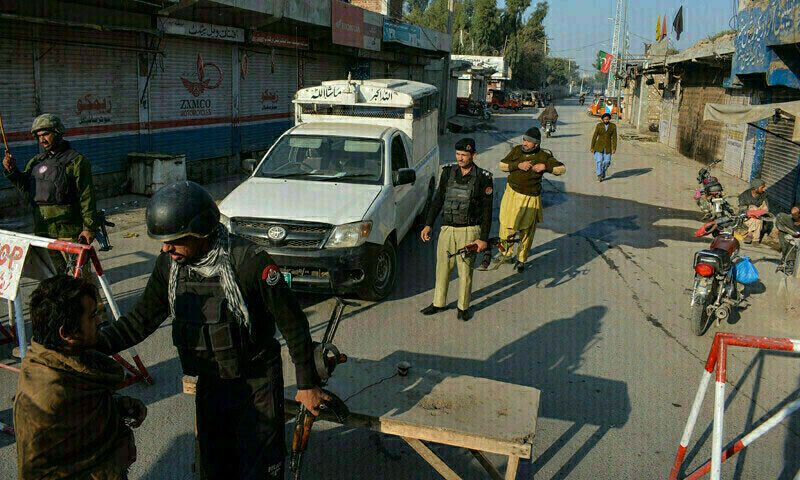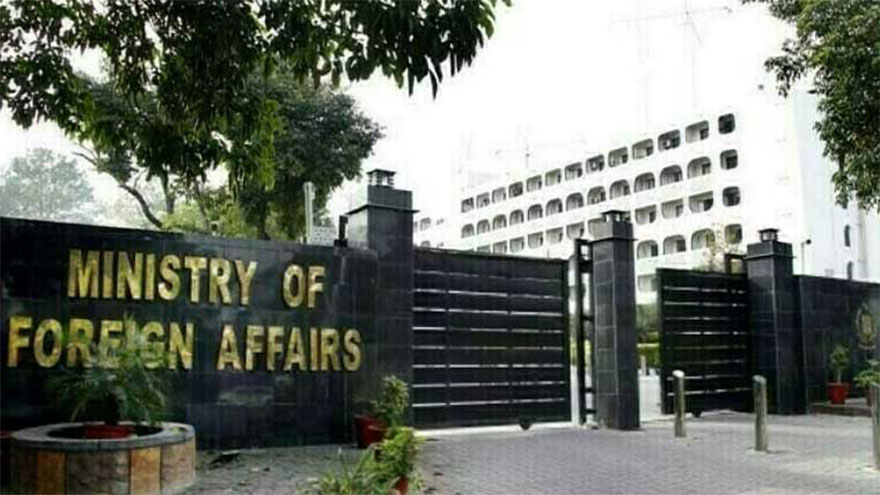Heavy monsoon rains have caused widespread devastation across Punjab, Pakistan, claiming the lives of at least 54 people in the past 24 hours alone. This brings the nationwide death toll from the current monsoon season to 178 since late June. The relentless downpours have triggered flash floods, overflowing drains, and submerged neighborhoods, particularly impacting Rawalpindi and Islamabad.
Rawalpindi bore the brunt of the storm, with overflowing drains sweeping away vehicles and inundating low-lying areas. The water level in Nullah Lai rose to dangerous levels, prompting evacuation warnings for Katarian and Gawalmandi. A public holiday was declared in Rawalpindi to keep residents safe, as the Meteorological Department predicts continued heavy rain until Friday. Islamabad also experienced flooding, with basement inundation and landslides reported around the Bari Imam shrine.
The situation is critical in Chakwal, where 450mm of rainfall led to the collapse of a small dam at Dherabi, unleashing floodwaters into nearby settlements. Dozens of rural communities are now cut off due to damaged roads and bridges. The historic Katas Raj temple complex was also flooded. Jehlum faced widespread flooding due to cloudbursts, leaving several roads submerged and at least one person missing after six policemen and several civilians were swept away by floodwaters; six were rescued.
Rescue efforts are underway, with 70 people rescued from flood-hit areas across Punjab, including a family airlifted by army helicopters. A flood alert has been issued in Sialkot due to rising water levels in the Chenab River. The Punjab government has imposed Section 144, banning swimming in rivers, ponds, and dams until August 30th. The National Disaster Management Authority (NDMA) advises residents in vulnerable areas to stockpile food, water, and medicine for 3-5 days.
Prime Minister Shehbaz Sharif visited the National Emergency Operation Centre and expressed sorrow over the loss of life, noting that while damages were lower this year due to preemptive measures, cloudbursts have created extraordinarily challenging conditions. Of the 54 deaths in the last 24 hours, 46 were due to building collapses, five to drowning, and three to electrocution. 227 people were injured.

